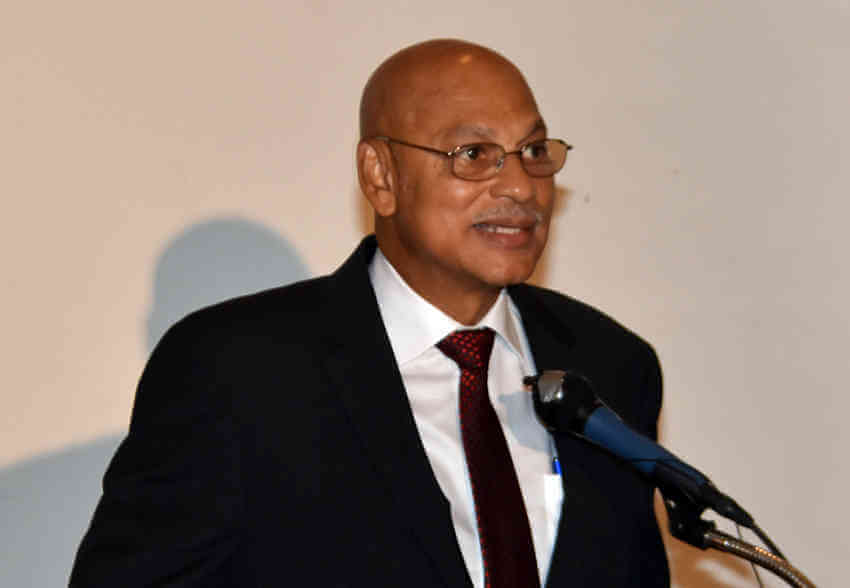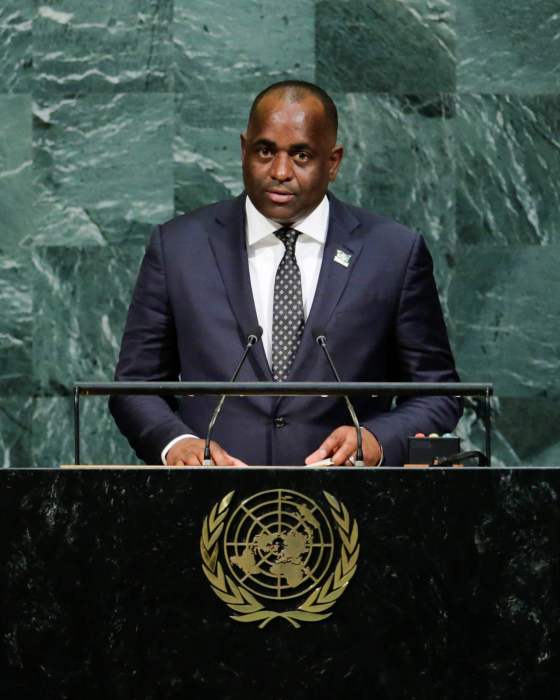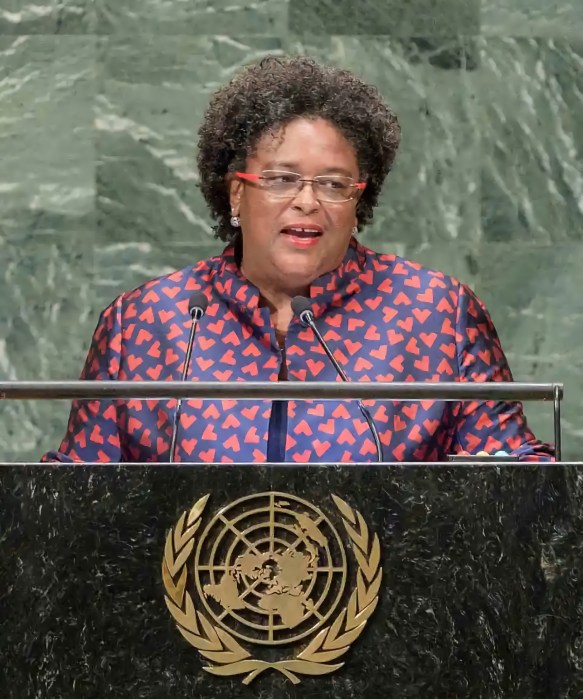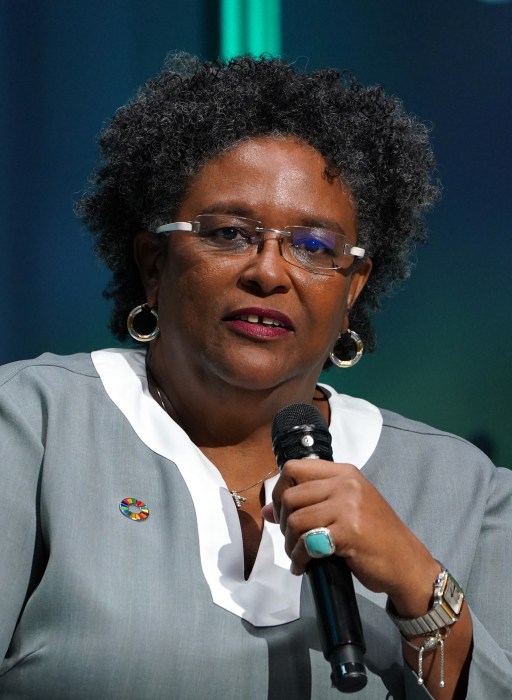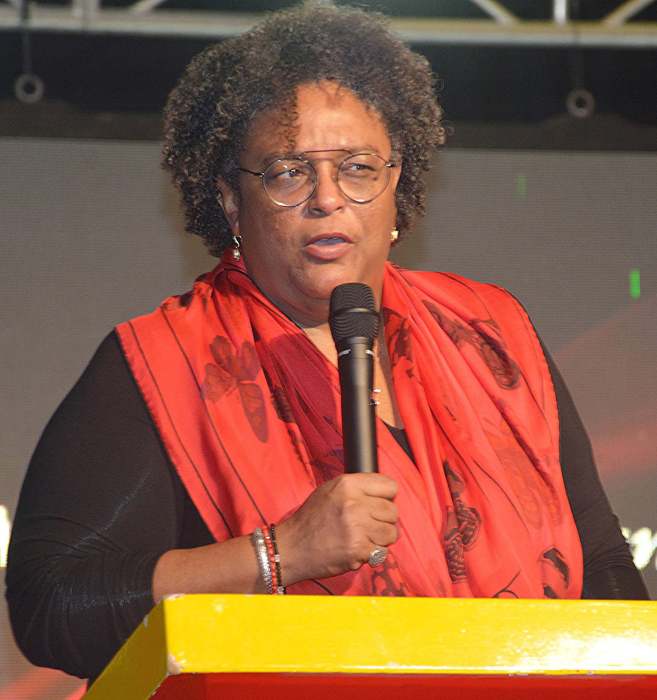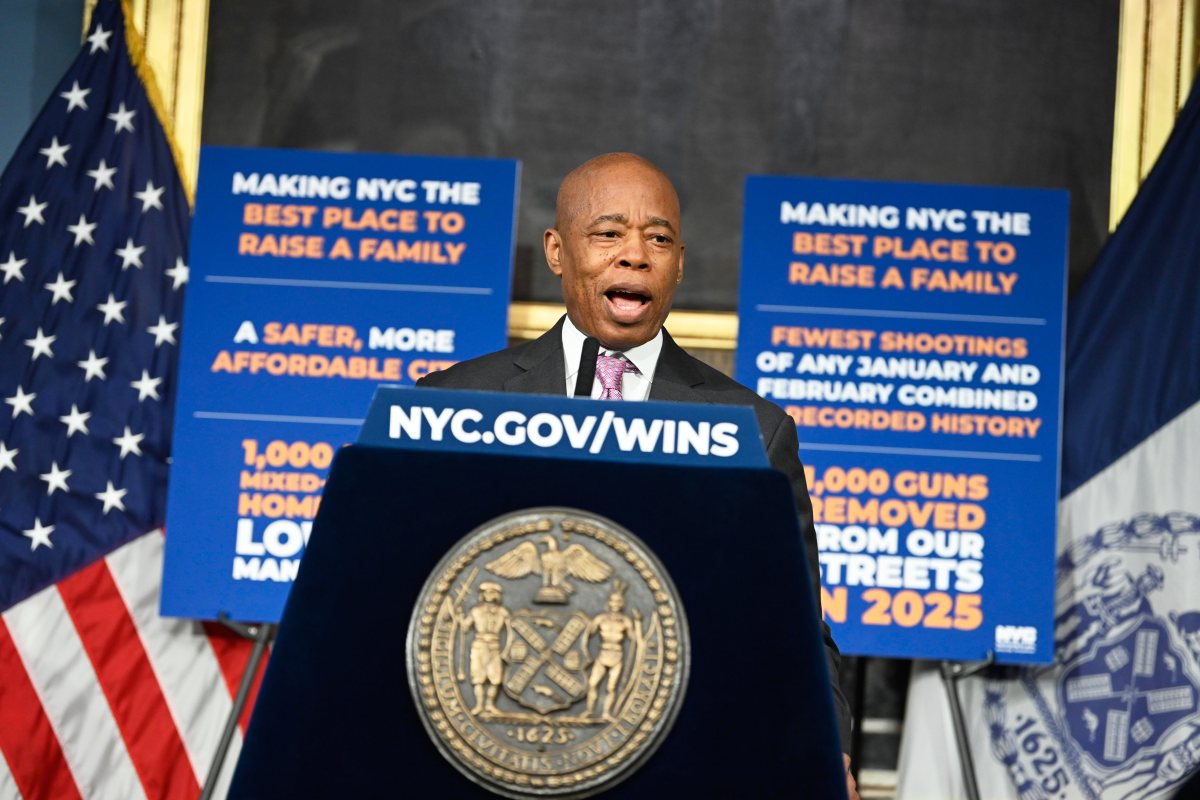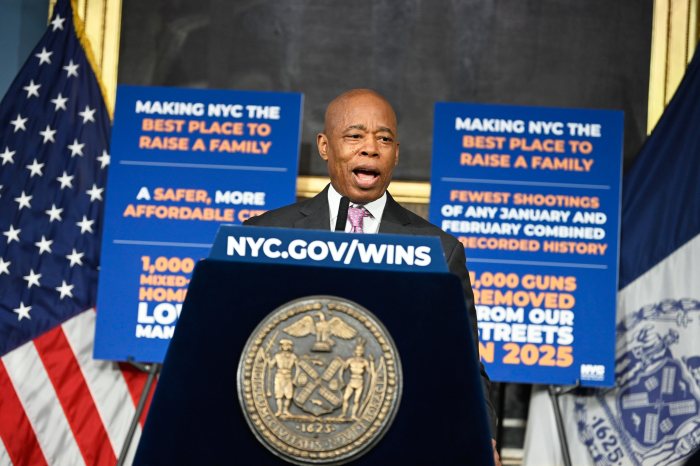Barbados
The Barbados Investment and Development Corporation (BIDC) has announced plans to launch two new initiatives designed to reduce the island’s imports in key areas, increase exports and create high value jobs.
International Business and Industry Minister, Ronald Toppin, said that the first initiative will be a “New Product Development Program,” which will facilitate the creation of new products or enhance existing products that have the potential to earn or save foreign exchange.
He said the second of these programs, titled “Accelerate 20/20,” is aimed at starting up and expanding 20 high-growth companies over the next 18 months.
Toppin, who was speaking at the third annual Innovative Barbados Conference recently, said that several high-potential areas that could ignite the domestic economy and attractive venture capital funding, which will include renewable energy, climate resilient goods and services, health and wellness, Information and Communication Technologies, cuisine and culture.
Caribbean
Caribbean Ministers of Agriculture and the Council for Trade and Economic Development (COTED) have approved a proposal from the Inter-American Institute for Cooperation on Agriculture (IICA) to introduce crops with a high nutrition in an attempt to reduce the incidence of conditions such as cancer, obesity and heart diseases in the Caribbean.
The institute has proposed the introduction of Harvest Plus in the Caribbean.
Harvest Plus is an initiative that uses phyto-improvement to cultivate varieties of basic crop such as beans, cassava, corn, rice, and sweet potato with high levels of zinc, iron and vitamin A, to noticeably increase a country’s nutrition.
The proposal to change the Caribbean dietary culture is a joint effort by IICA, CARICOM agencies, the United Nations, Harvest Plus Latin America and Penn State University.
The project will collaborate with associations and funding agencies to distribute varieties of fortified foods to countries and to provide training to public and private partners in evaluating the performance and selection of the most suitable varieties for each country.
Cuba
Cuba is set to reach the more than four-million-tourist mark by the end of this year.
This was revealed by Minister of Tourism Manuel Marrero during a recent meeting with tour operators, travel agents, airline representatives and the media in Milan, Italy.
He said as part of the island’s development plan, there will soon be 5,000 new rooms, including the recently-opened Packard and the International Hotel Varadero, which will open soon.
Marrero announced that by 2019 another 5,250 rooms are expected to be completed and they are preparing to build a new five-star luxury hotel in Cayo Largo.
He noted that Cuba, as a tourist destination has designed and is implanting a strategy for its digital transformation in order to maintain its competitiveness at a global level and fundamentally in the Caribbean.
Marrero stressed that the Ministry of Tourism supports the expansion of hotel management contracts between Italian groups and national chains and several aspects that contribute to raising the quality of the destination.
Guyana
Guyana is exploring the opening of a diplomatic mission in Jakarta, Indonesia and West African countries such as Togo, Senegal and Cote d ‘Ivoire by establishing missions.
This was revealed by Minister of Foreign Affairs, Carl Greenidge who said Guyana will soon sign diplomatic ties with several French West African countries with which it has cordial ties but not formal diplomatic relations.
The Asian giant, Indonesia, has an embassy in Suriname that serves Guyana. Guyana’s two embassies are in China and India.
The minister said that this is why an embassy in Jakarta can serve the Far East. Indonesia is a founder of the Non-Aligned Movement (NAM), the G77 and the Organization of Islamic Co-operation (OIC).
Indonesia and Malaysia are assisting Guyana and Suriname in expanding their agriculture and tourism sectors through “reverse-liking,” a South American technology and capacity cooperation through the Islamic Bank.
During a visit to Guyana in May, the foreign minister of Indonesia, Retno Marsudi, was assured by President David Granger that “Guyana remains open to Indonesia investment, especially in value-added manufacturing, agro processing and within the sugar industry.”
Besides expanding bilateral and multilateral ties, Guyana wants more visa free travel for its citizens.
Jamaica
Two Jamaican nationals have been arrested for attempting to smuggle more than six kilos of cocaine with a street value of US$90,000 into the USA, according the United States Customs and Border Protection (CRP) agency.
It said that the two were arrested two days apart when they arrived at the Charlotte-Douglas International Airport in North Carolina. They had more than clothes in their luggage, the agency said.
They said in the first instance an unidentified 26-year-old Jamaican arrived on a flight from Montego Bay and “during an inspection of his luggage, officers discovered a white powdery substance that field-tested positive for cocaine.”
The CBP said two days later, law enforcement officials “encountered a 37-year-old Jamaican citizen arriving from Montego Bay, Jamaica and during an inspection of his luggage discovered white powdery substance that tested positive for cocaine”.
The two Jamaican nationals were arrested and charged for the importation of a controlled substance and turned over to Homeland Security Investigations and the Charlotte Police Department.
St. Kitts
St. Kitts and Nevis has recorded a significant increase in applications under the Citizenship by Investment (CBI) program this year.
According to Les Khan, CEO of the CIB program this has been attributed to the strengthening and rebranding of CBI in 2016 by making it the platinum standard, in turn, “this has led to a significant increase in applications to the country’s CBI program, solidifying it as number one worldwide.”
He said the program has gone through several significant changes, which have generated positive attention over the last couple years.
Khan said it is important to recognize that the number of applications has increased tremendously from the last three or four years. In 2018, we had more applications in total, then over the last four years.
He added that both the Real Estate and Sustainable Growth Fund (SGF) investment options continue to improve.
Prime Minister Dr. Timothy Harris launched the Sustainable Growth Fund option during a function in Dubai earlier this year.
Under this new investment option, a single applicant will be required to make a contribution of US$150,000, inclusive of government fees, while the contribution for a family of up to four members will be US$195,000.
Trinidad
Trinidad and Tobago Chief Justice Ivor Archie has said that the recent Caribbean Court of Justice (CCJ) ”cross-dressing” ruling will have repercussions for the region.
He was commenting on the CCJ striking down Guyana’s cross-dressing law. The court held it infringed the rights of four transgender Guyanese women who had asked the CCJ — Guyana’s final appellate court — to strike down an 1893 post-slavery vagrancy provision, which led to their convictions in 2009.
They had challenged the constitutionality of the law, which, they say, criminalizes wearing attire of a different gender in public for an “improper purpose” in Guyana.
Archie speaking at the recent Ninth Biennial Meeting of the Commonwealth Judiciary Education Institute held at the Hyatt Regency Hotel in Port of Spain said it was a very important judgement from the CCJ “which I am sure will have significant repercussions for our Caribbean societies. However, he did not explain what the repercussions would be.
Archie said many moral issues are now being brought to court through the use of “charterised” challenges to existing laws or government actions, adding that they range from abortion, to religious issues and gender identity and equality.
He said the sensitivity of some of these issues make it imperative that judges continue to be seen as unbiased.
The chief justice said the increase in human rights legislation and litigation reflects an increased awareness of the importance of equity and equality.
— compiled by Azad Ali


